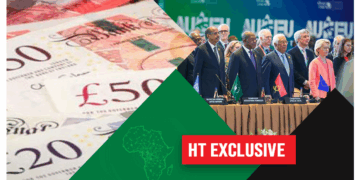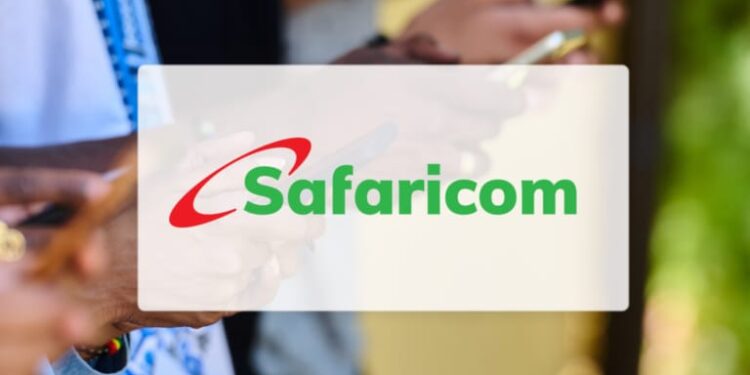By Enyichukwu Enemanna
Kenya’s National Treasury has been reported to be preparing to sell part of its 35% stake in the country’s leading telecommunication operator, Safaricom.
The reason, according to local media, is to enable the government raise money which it believes only Safaricom, partly owned by the government, has the capacity to generate.
According to a Kenyan Times report, the shares are valued at approximately KES280.5 billion (US$2.2 million). The sale will be conducted before June 2026, with the aim of raising Ksh149 billion (US$1.15 million).
Treasury Cabinet Secretary John Mbadi also confirmed the development, pointing out that other state-owned businesses that might have been targeted for privatisation would not be worth selling because they either have been operating at a loss for years, been mismanaged, or are not structured as limited liability companies.
At the moment, the government owns a 35% stake in the telecommunication firm after it sold a 25% stake in it via an initial public offering in 2008.
The report says any disposal of the government’s stake in Safaricom may take the form of a secondary initial public offering (IPO) or an auction to a high-net-worth investor for a block sale.
The 2008 share sale was oversubscribed, raising an estimated KES51.75 billion (US$400.7 million in today’s exchange rate).
The next sale could be even bigger – possibly the single largest transaction in the region by deal size.
Analysts predict that selling a 5 to 10 percent stake in Safaricom could raise between KES39.8 billion (US$308.2 million) and KES79.7 billion (US$617.2 million) at the current share price of KES19.90 (about US$0.15).
The transaction is likely to attract global private equity firms looking to stake their claim in Safaricom, based in Nairobi.
It is also expected to mark a turning point in Kenya’s privatisation efforts, potentially unlocking new capital flows and reshaping public sector financing.



































